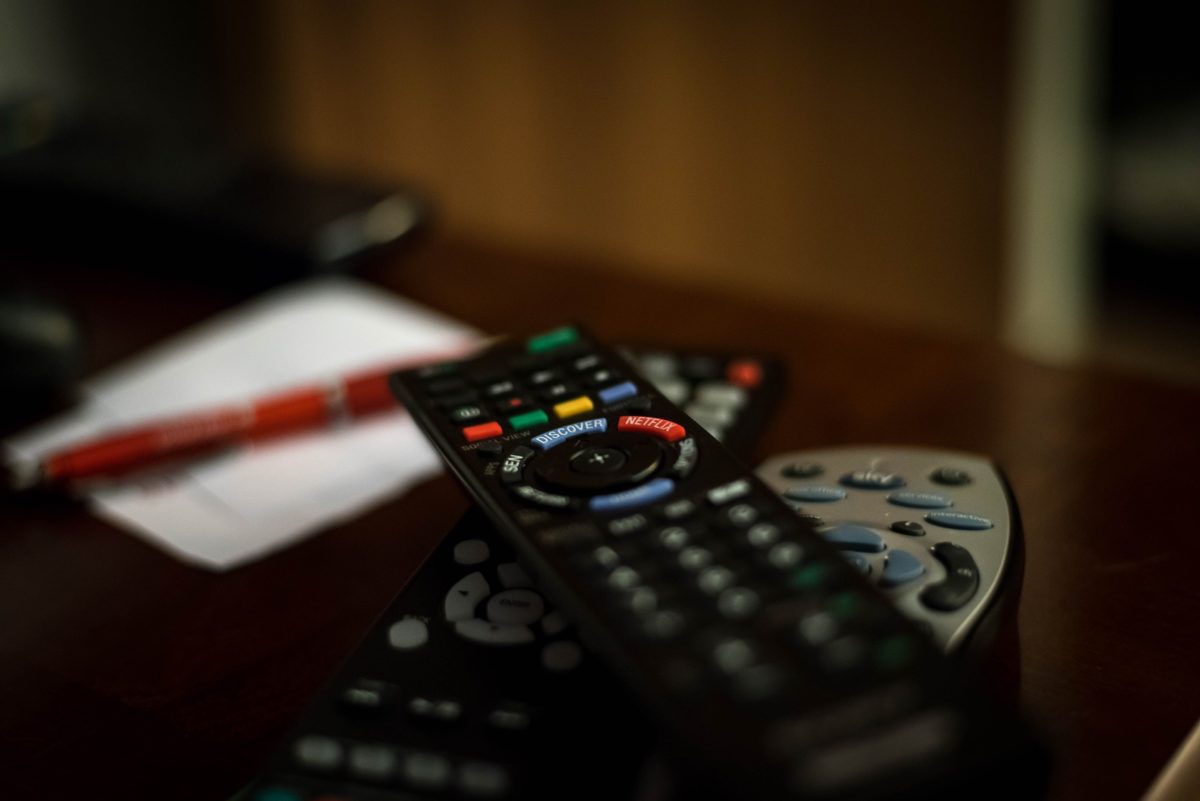In a reply brief in the U.S. Court of Appeals for the Third Circuit, Washington D.C.-based nonprofit Free Press and allies like Philly’s Media Mobilizing Project called on the Federal Communications Commission to advocate for more diverse ownership in radio and TV stations.
“The FCC tries to have it both ways — claiming it has addressed race [and] gender ownership diversity yet insisting it cannot,” the groups say in the brief, filed on Friday. “Neither is true: The FCC must heed its obligation to at minimum do no harm to race [and] gender diversity by apprising itself of knowable facts.”
The document, a joint statement that was also undersigned by the Common Cause, the Communications Workers of America, the Prometheus Radio Project and the United Church of Christ Office of Communication, Inc., was introduced as part of a lawsuit that challenges the federal agency’s repeal of several broadcast-ownership rules that limit media consolidation.
Across the U.S., hundreds of local TV stations are in the hands of just two large broadcast groups: Sinclair and Nexstar. Critics of the FCC’s move repeal of the rules say it further hinders station ownership diversity at a time when partisanship among Americans is at its highest level in decades.
“The FCC has repeatedly failed to foster a media system that reflects our nation’s diversity,” said Free Press Policy Manager Dana Floberg. “On several occasions, the court has told the agency that it can’t bless further media consolidation without first examining how such consolidation impacts ownership opportunities for women and people of color. The FCC responded by further weakening its rules with zero concern about the appalling lack of diversity in ownership.”
The FCC did not immediately respond a request for comment on the group’s filing.
With a rapidly growing number of Americans getting their news from social media, how relevant is the discussion around radio and TV ownership? Extraordinarily so, and especially in Philadelphia, says Hannah Sassaman, policy director at Media Mobilizing Project.
“Most Americans still get their news from TV — with local TV being the most popular source,” Sassaman said. “In a city like Philadelphia, where broadband access is the second worst of any big city in the United States, TV reliance is even heavier — so diverse news sources are essential to try to change and fight deep problems of poverty and racial injustice.”
According to Pew Research Center data, 22% of TV viewers access television news via digital mechanisms, like websites or social media, which Sassaman says is evidence of traditional media outlet presence even among people who say they get their news online.
A spokesperson for Free Press said the oral arguments for the lawsuit have concluded, and a decision could be expected as early as the end of summer.







